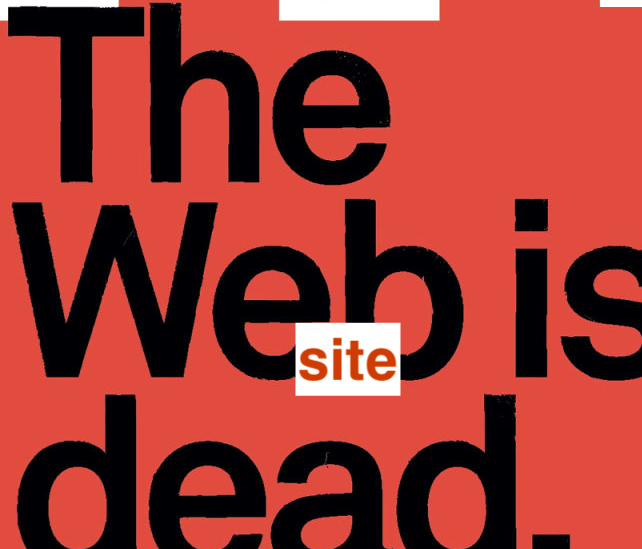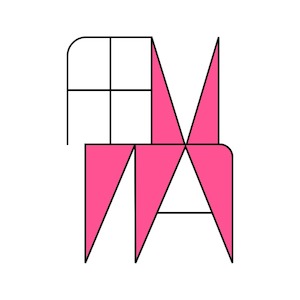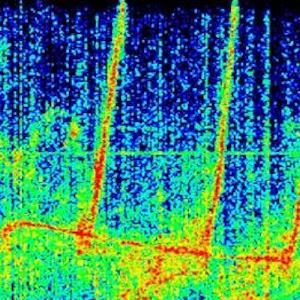Hauntology (a word-play between haunting and ontology) is a concept coined by philosopher Jacques Derrida, He introduced the term in his seminal book Spectres of Marx, written in 1993. Hauntology refers to the situation, or age of temporal, historical, and ontological disjunction - in which the 'apparent presence of being' is replaced by a broken non-origin, represented by "the figure of the ghost, which is neither present, nor absent, neither dead nor alive." Living the past? Dreaming of a future which would look and sound like the past? A past you were never a part of. Two decades later the theory lingers on, yet it's manifestations are seen allover popular music and culture, in genres of art, music, video games and emerging digital technology. Art and Music Pre-occupied Pre-packaged. This temporal disjunction defined by a "nostalgia for lost futures." We are living in the 'Retro-Future' for reasons unquestioned and untold. We are playing instruments and using production tools which remind of us some by-gone (golden) era. We are yearning and wiring sound to be like some 'other' age. We are making up genres (bogus) based on tides which long crashed in the 80s, 70s, 60s and so on. Are we using all these vintage emulation synthesizers because of Hauntology?
Synthwave (also referred as outrun, retrowave, vaporwave and futuresynth) are genres of electronic music directly inspired, often re-sampled, copied from Sci-Fi (70s and 80s) film soundtracks and video games. Early 2000s, these compositions were audible inside various niche communities on the Internet, reaching wider popularity and eventually hitting the pop-treadmill by 2008. On closer listen (and look) Synthwave has clear character definitions based upon Hauntology. Like Derrida put it across concisely "we can only make sense of the future with a given idea (real or false) from the past, consequently referring to the present as a product of the two forces" Hence Synthwave is sustained by opposites, both of them influencing us in subliminal ways, both dependent on industry and technology - One trying to relive and conjure the past, the other projecting an image and sound claiming to be from the future. Haunted by that which no longer exists, and by that which may never manifest. The imagery of Synthwave is as 'bromide' as the sound, imposing an anticipated future which is based on our experiences (visual, musical and cultural) of the past. Audio and visual technology quickly followed suite to fill this market very effectively in the last two decades.
Let's en-cash Hauntology. Hundreds of synthesizers (virtual or real), thousands of retro-fit sample libraries, cheap derivatives of 70s and 80s production tools, delays and echoes washed up from the past and the endless deluge of arcade inspired 8-bit imagery and animation. Eventually fashion and entertainment too followed the wrap, with 'haunted couture'. Racial profile (exclusivity) of Synthwave is seldom questioned, however clear when we see that 85% of the artists are white, male and from north America and western Europe. The rest mostly based in Japan. However, Afro-Futurism is big business too, albeit with the same characteristics outlined in the theory of Hauntology. The obvious part, that these 'waves' too will crash and fade into the endless shoreline of industrially manufactured culture. We are all 'Ready Player One'. Billions of Headset Clones. Yet one may question the legitimacy of many genres (with similar retroactive charms) that we hear inside the world of electronic music, as various waves riding on nostalgia. Are we approaching the future where music will be created by algorithms and data instead of creativity, chance and diversity? And perhaps some of it would sound interesting...
Though technological progress has not stopped advancing in terms of scope and speed, but the possibility and growth of new genres has been severely subverted at the hands of industry, neo-liberalism and it's mono-culture. Synth-pop as business is not different from mainstream white pop. The post 80's generations exposed to all the new technology, paradigms and instruments is mostly engaged in re-creating and re-animating old eras, characters, myths, imagery, music, beats and sounds. In our synth-universe, in-spite of the marvellous inventions and research that occurred during the last 30 odd years, the 'analog and retro fetish' has amplified globally as regressive idolatry. The 808, 909, 303 worship is actually an excuse to sustain a 'haunted culture'. A tirade which is fuelled by an industrial army (thousands) of sound-alike producers, engineers and vendors. Neon colour schemes rule a million look-alike videos now, and not in the 80s. Youtube hosts thousands of self-styled [hack it!] producers who have perfected the rut of re-creating Phil-Colin's snare drum or Giorgio Moroder's staple arpeggios - not to make any real music, but to gather cents and dollars via daily internet traffic. Hauntology and the scam of vintage knobs, wood panels and gated reverb!? While in the past (60s, 70s, 80s) new technology enabled new musical forms to come about in an independent unpredictable manner, today a large majority of artists are defined by their designated genre and choice of tools, instead of their individuality or narrative. Hundreds of producers sitting in front of some expensive mixing desk, all claiming to be inspired by that 'warm' and 'magical' sound of the 70s and 80's. Sorry, but there will be no more Kraftwerks! instead a thousand Prodigy sound-alikes.
No matter how many analog synthesizers we horde, retro pedals and plug-ins we sport, or vintage samples that we archive, the music does not acquire any unique aesthetic, call it character, beyond the 'haunted ideology' of the creators. Mark Fisher's (K-Punk) discourse based on hauntology and effects of neoliberalism on mass culture resonated immediately with electronic music, as soon as it transformed into the mainstream (post 2000). When asked about the impact of technology upon culture in the future, Fisher's response was "the future has been cancelled". Moog or Behringer, Roland or Korg, analog or digital, modular or prefab, a specter of hauntology is working behind most of these competing brands. Instead of giving musicians and public access to advanced synthesis and new audio-technology, these institutions are mostly engaged in regurgitating vintage charm via low-cost instruments (which don't last half as long as the instruments did in the 70s and 80s) In case it's a software, you have the option to find a crack first.
Derida's theory of Hauntology takes place at a subconscious level too. Imagine hearing a familiar melody that you can recall instantly. If we were to just hear one (any) note of the melody, we would be unable to juxtapose or recall the melody in it's entirety. Only one of the notes is fully present. The only way to make sense of the melody as a complete form is to negotiate the notes from the past with the notes forthcoming in the future. A very curious process of constantly assimilating the present note, with the notes that have passed and the one's yet to come. Hence a melody, however simple or complex, slow or fast, when heard entirely is a linear process composed of the past, present and future. Does a famous beat or sample have the same 'Haunted' reference? Amen!





























0 -